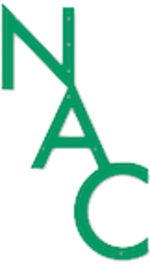Abstract
Diffusion MRI (dMRI) tractography has been successfully used to study the trigeminal nerves (TGNs) in many clinical and research applications. Currently, identification of the TGN in tractography data requires expert nerve selection using manually drawn regions of interest (ROIs), which is prone to inter-observer variability, time-consuming and carries high clinical and labor costs. To overcome these issues, we propose to create a novel anatomically curated TGN tractography atlas that enables automated identification of the TGN from dMRI tractography. In this paper, we first illustrate the creation of a trigeminal tractography atlas. Leveraging a well-established computational pipeline and expert neuroanatomical knowledge, we generate a data-driven TGN fiber clustering atlas using tractography data from 50 subjects from the Human Connectome Project. Then, we demonstrate the application of the proposed atlas for automated TGN identification in new subjects, without relying on expert ROI placement. Quantitative and visual experiments are performed with comparison to expert TGN identification using dMRI data from two different acquisition sites. We show highly comparable results between the automatically and manually identified TGNs in terms of spatial overlap and visualization, while our proposed method has several advantages. First, our method performs automated TGN identification, and thus it provides an efficient tool to reduce expert labor costs and inter-operator bias relative to expert manual selection. Second, our method is robust to potential imaging artifacts and/or noise that can prevent successful manual ROI placement for TGN selection and hence yields a higher successful TGN identification rate.
